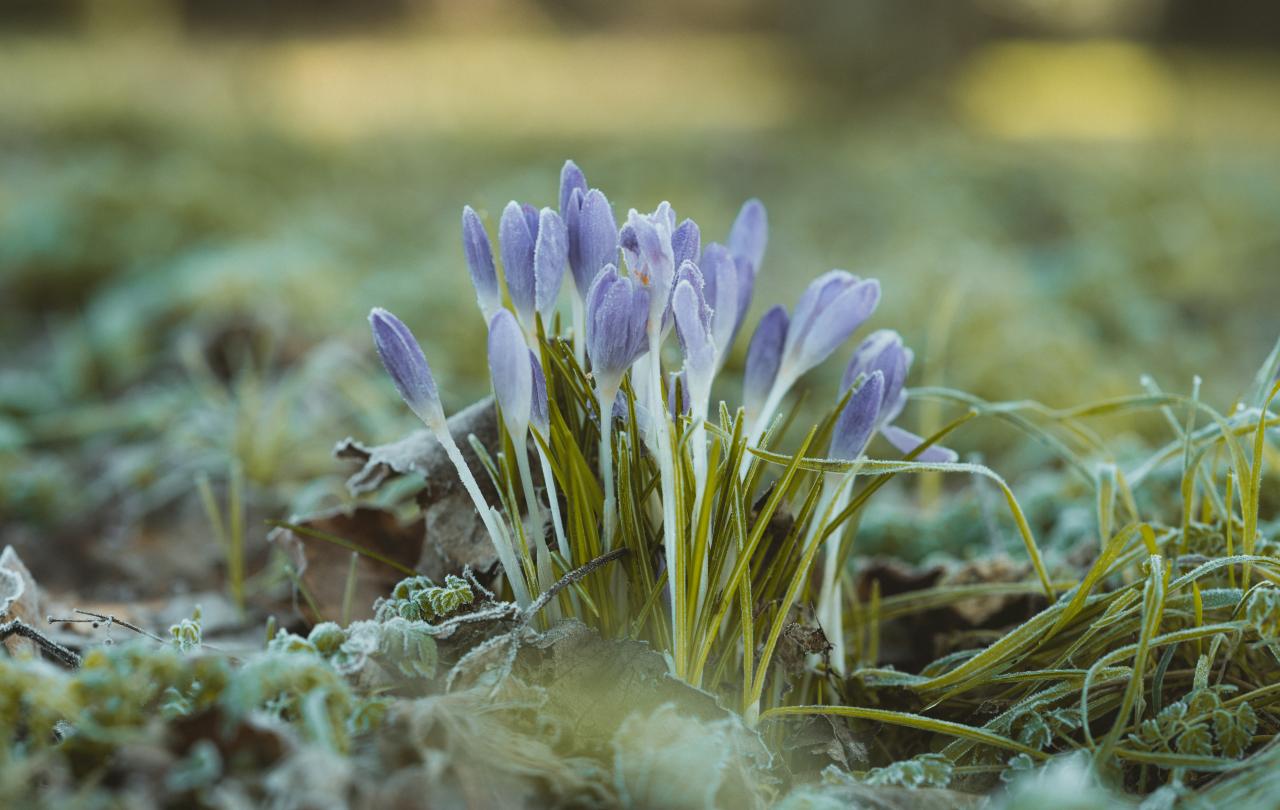
Recently on our housing development we experienced a surprising addition to our lives. Due to a pretty major error, a main water pipe was hit by a digger… this resulted in 24 hours of no running water for our entire estate and the local school while the pipe was repaired.
24 hours is a long time. In our house, water consumption over that time looks something like this:
- 1 dishwasher cycle
- 1-2 clothes wash cycles
- 2 loads of dish washing up
- 2 boys in a bath
- 2 showers
- 10-15 toilet trips
- various hand washing, plant watering, child play etc.
- 4-6 bowls of boiled pasta/rice
- 8-10 cold water drinks
- 20+ cups of tea
Let me tell you, 24 unexpected hours without water was a challenge. But it also got me thinking.
It got me thinking about privilege. In the UK, access to clean water is not a daily conscious consideration, it is assumed. We assume that we will have water when we turn on the kitchen tap, when we flush the toilet, and when we run a bath. We assume that the water out of the taps will be clean and safe. This is not the case for everyone. Around the world, one in four people do not have access to safe drinking water. Access to water is a universal human right, but in reality access to water shows our privilege.
It also got me thinking about simplicity. Lent is a time for reflection and often in the Christian tradition it is a time for fasting. In previous years, I have fasted from multiple things: coffee, chocolate, Instagram, and this year Vinted and meat. But I have never fasted from clean, running water. There were many household chores and to-do list items that I simply couldn’t do because we didn’t have water. As with other fasting attempts, I hope that this unexpected space led me to prayer. There was a temporary, reflective simplicity to the absence of water.
And it got me thinking about community. Crises bring out the worst and best in humanity. Though I could tell you a couple of horror stories, instead let me tell you about the heroes. Tessa, Tom, Marjay, Sarah, Vineeth, Megan, Danny. These heroes went out of their way to buy and distribute water across the development, to monitor and communicate updates from the water company, to offer support with boilers. Several houses had bottled water piled outside their homes for anyone who had run out. We had multiple unexpected water deliveries and neighbours checking in. Our community thrived as we struggled without water. In a crisis, community seeps through our insulated walls and isolated lives. In a crisis, community swells and surges showing that there is indeed good in this world.
I’m glad we’ve got our water back. But I’m also glad for all the thinking.
Celebrate our 2nd birthday!
Since March 2023, our readers have enjoyed over 1,000 articles. All for free. This is made possible through the generosity of our amazing community of supporters.
If you enjoy Seen & Unseen, would you consider making a gift towards our work?
Do so by joining Behind The Seen. Alongside other benefits, you’ll receive an extra fortnightly email from me sharing my reading and reflections on the ideas that are shaping our times.
Graham Tomlin
Editor-in-Chief





